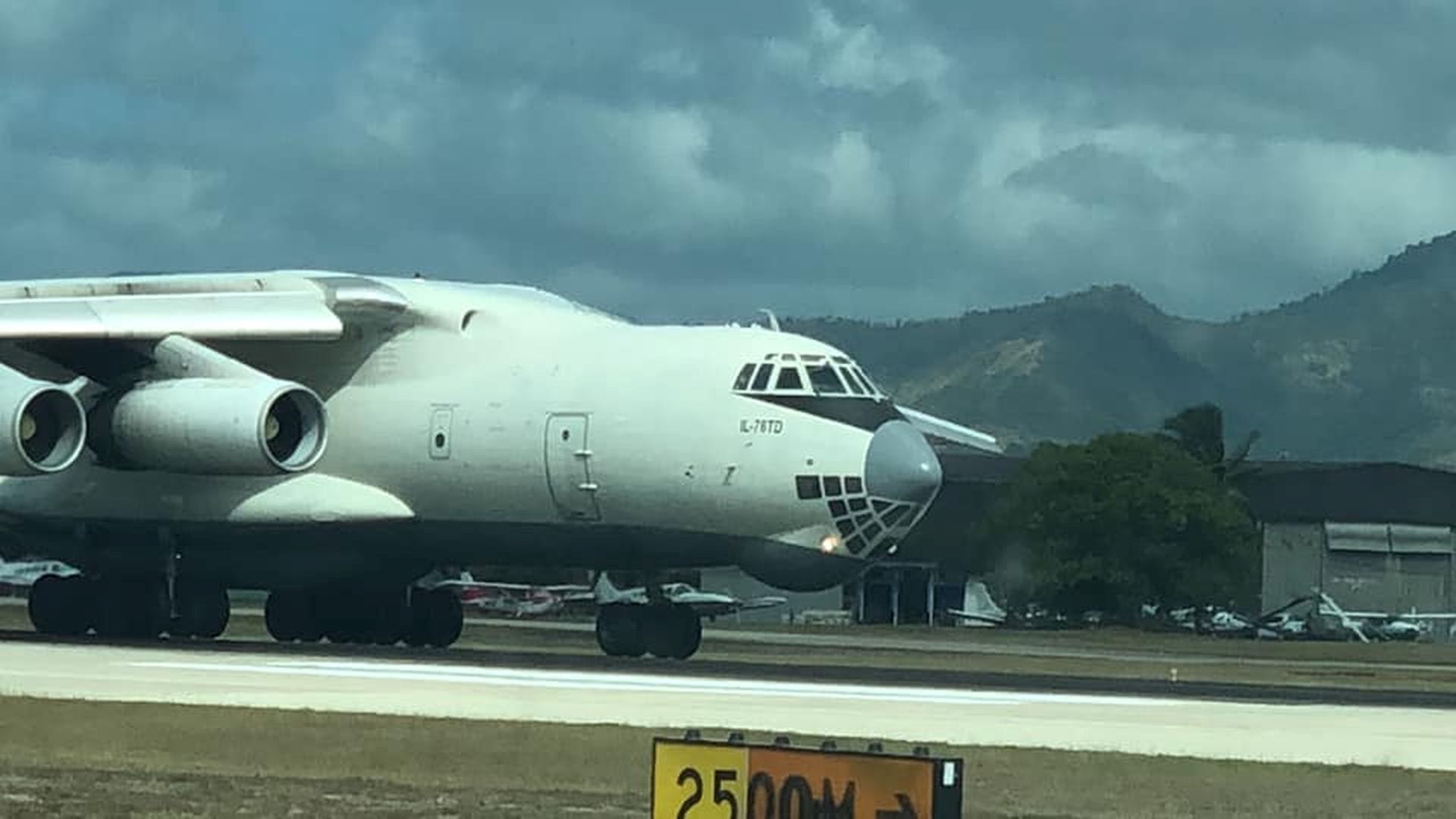The recent departure of a Russian cargo plane from Syria to Libya has attracted significant attention, particularly due to the implications it may have for the geopolitical landscape in North Africa and the Middle East. This flight, which is reportedly the first in a series of anticipated operations, underscores Russia’s ongoing involvement in the Libyan conflict, where various factions vie for control over the country.
The cargo plane’s mission is believed to be part of a broader strategy by Russia to bolster its influence in Libya, a nation rich in oil resources and strategically located in the Mediterranean. The Russian government has demonstrated a long-standing interest in Libya, a relationship that has evolved since the 2011 uprising that led to the fall of former leader Muammar Gaddafi. Over the years, Russia has sought to establish ties with various Libyan factions, providing military support and engaging in political dialogue.
The flight from Syria to Libya raises questions about the potential content of the cargo, which could range from military supplies to humanitarian aid. Given the ongoing instability in Libya, where different groups are struggling for power, the arrival of additional resources could tip the balance in favor of one faction over another. This situation is particularly concerning for international observers who are wary of further escalation in an already volatile region.
In recent years, Libya has become a focal point for various international actors, each pursuing their interests. The country has been divided primarily between the Government of National Unity (GNU) based in Tripoli and the Libyan National Army (LNA) led by Khalifa Haftar. The conflict has drawn in multiple foreign powers, with countries such as Turkey, Egypt, and the United Arab Emirates also playing significant roles. Russia’s involvement, characterized by its support for Haftar, has further complicated the dynamics on the ground.
The logistics of transporting cargo between Syria and Libya are noteworthy as they highlight the strategic connections that Russia is leveraging. Syria, which has been heavily supported by Russia during its own civil war, serves as a critical hub for Russian military operations. The ability to move resources from Syria to Libya showcases the logistical capabilities and networks that Russia has developed in the region.
As more flights are expected, analysts are paying close attention to how this development may affect various stakeholders in Libya and beyond. The influx of Russian support could embolden Haftar’s forces, potentially leading to renewed offensives against rival factions. This could provoke responses from other regional powers, escalating the conflict further and impacting the delicate balance of power in the region.
International response to Russia’s activities in Libya has been mixed. While some nations express concern over increased Russian military presence, others may view it as an opportunity to counterbalance Turkey’s involvement in the region. The complexities of alliances in Libya make it challenging for foreign powers to navigate their interests, and the situation is further complicated by the presence of mercenaries and paramilitary groups.
The United Nations has long advocated for a peaceful resolution to the Libyan conflict and has imposed an arms embargo on the country. However, violations of this embargo have been widespread, with various factions receiving support from foreign powers. The recent flight from Syria may serve as a reminder of the challenges the international community faces in curbing external interference in Libya.
In conclusion, the departure of the Russian cargo plane from Syria to Libya signals a potential escalation of military support for Libyan factions amid ongoing conflicts. As additional flights are anticipated, the geopolitical implications for the region will likely continue to evolve. Observers will be closely watching how these developments unfold and what impact they may have on the stability of Libya and the broader North African region.


